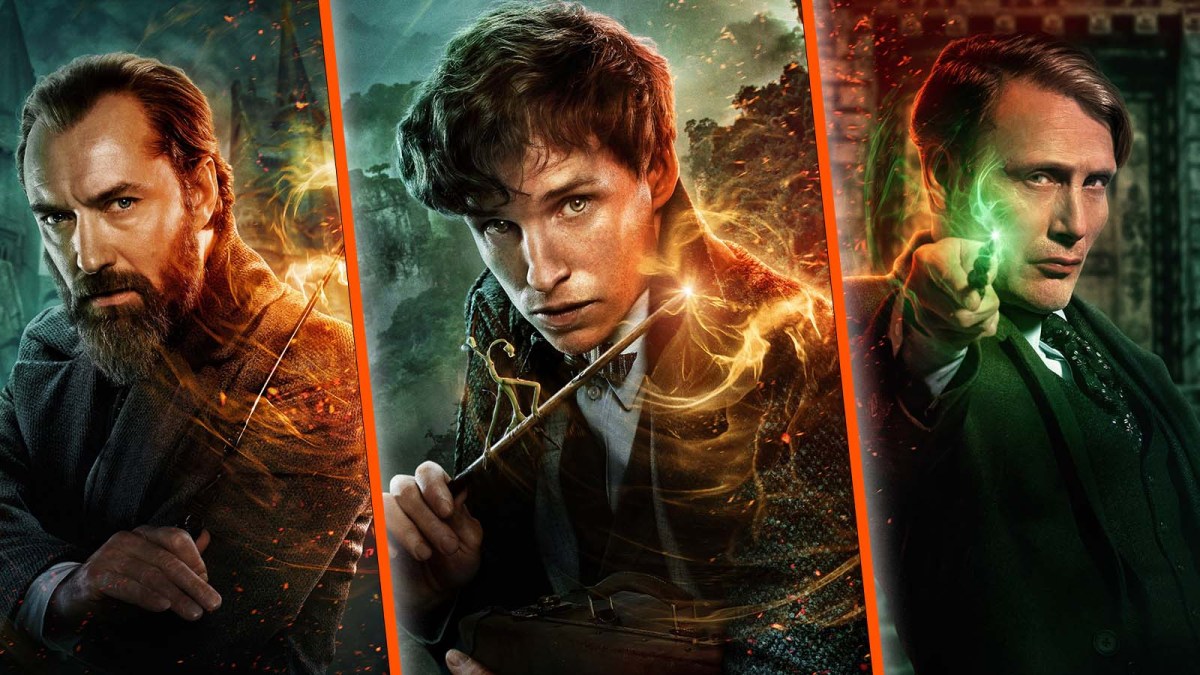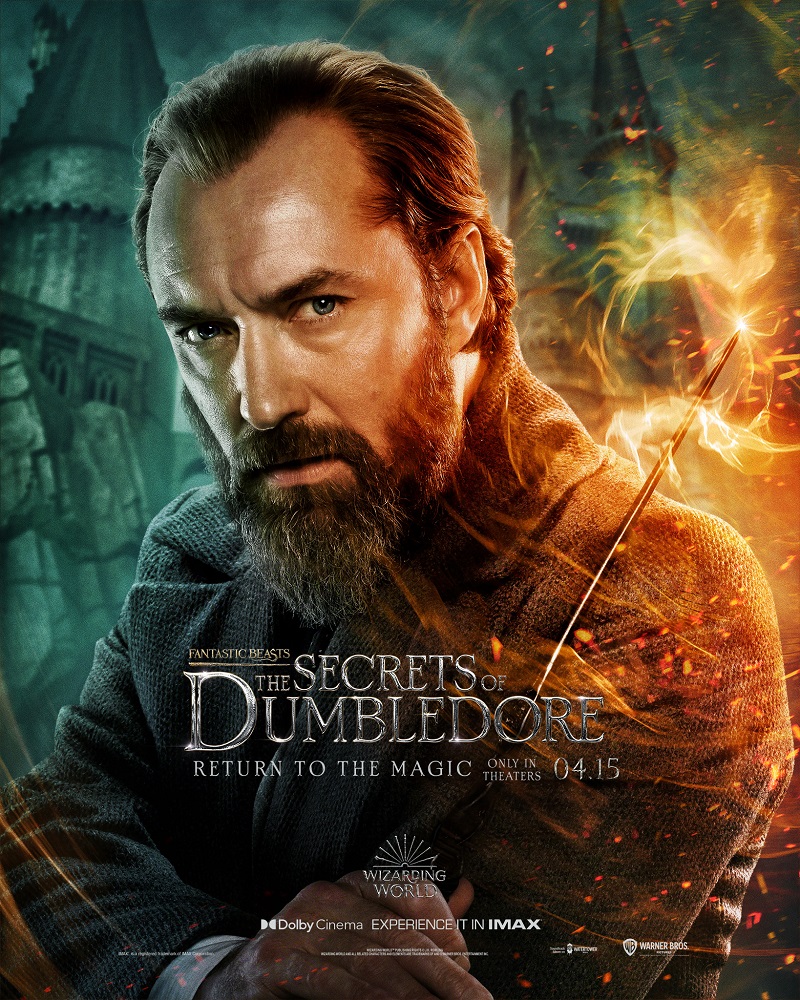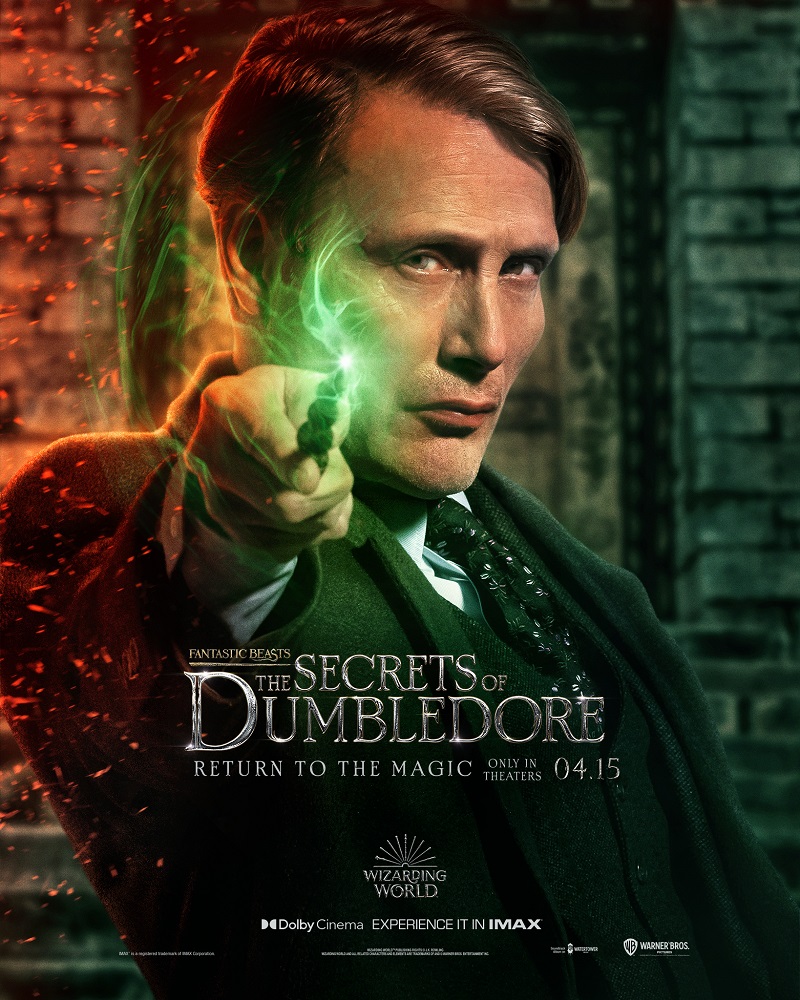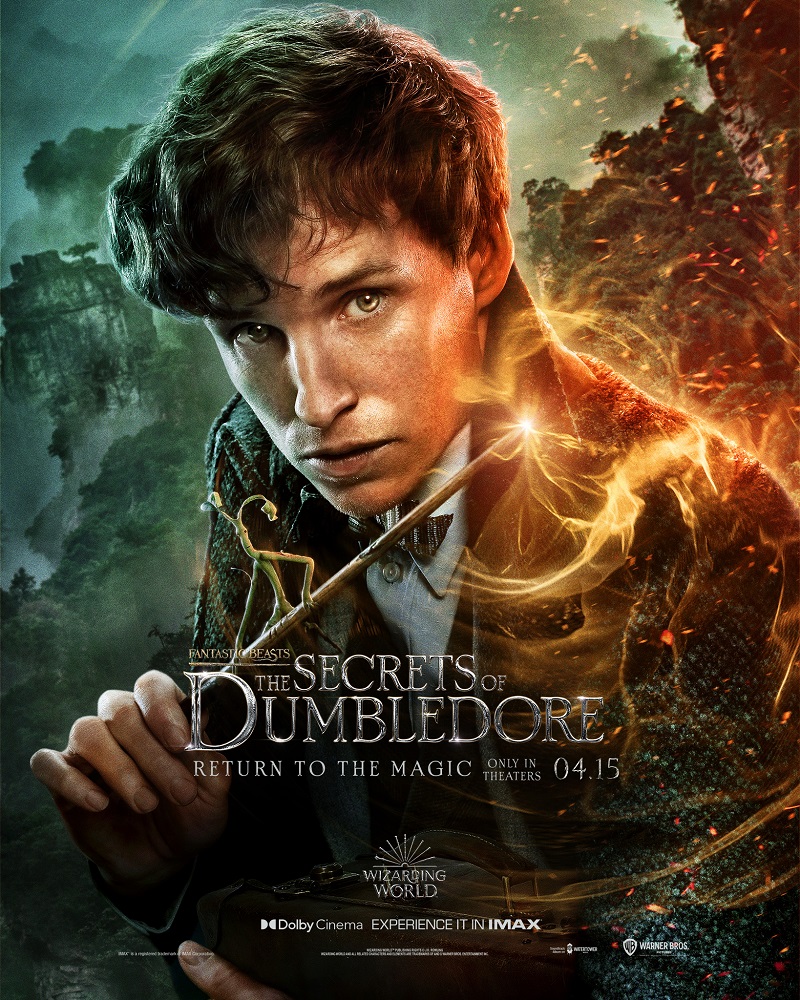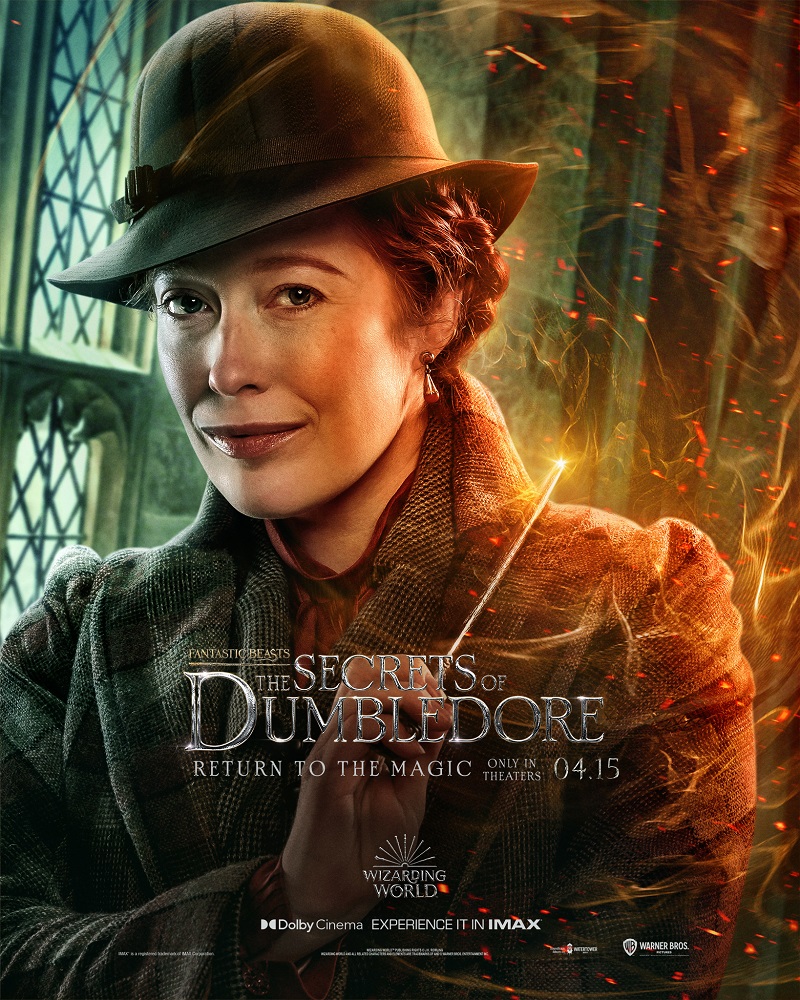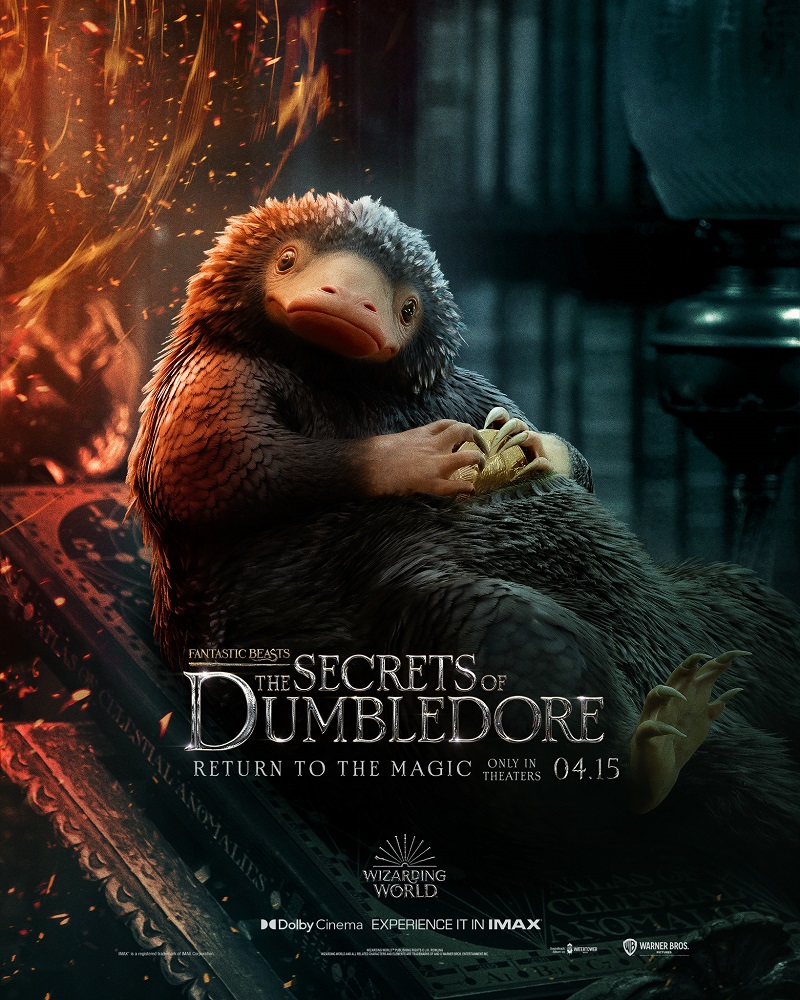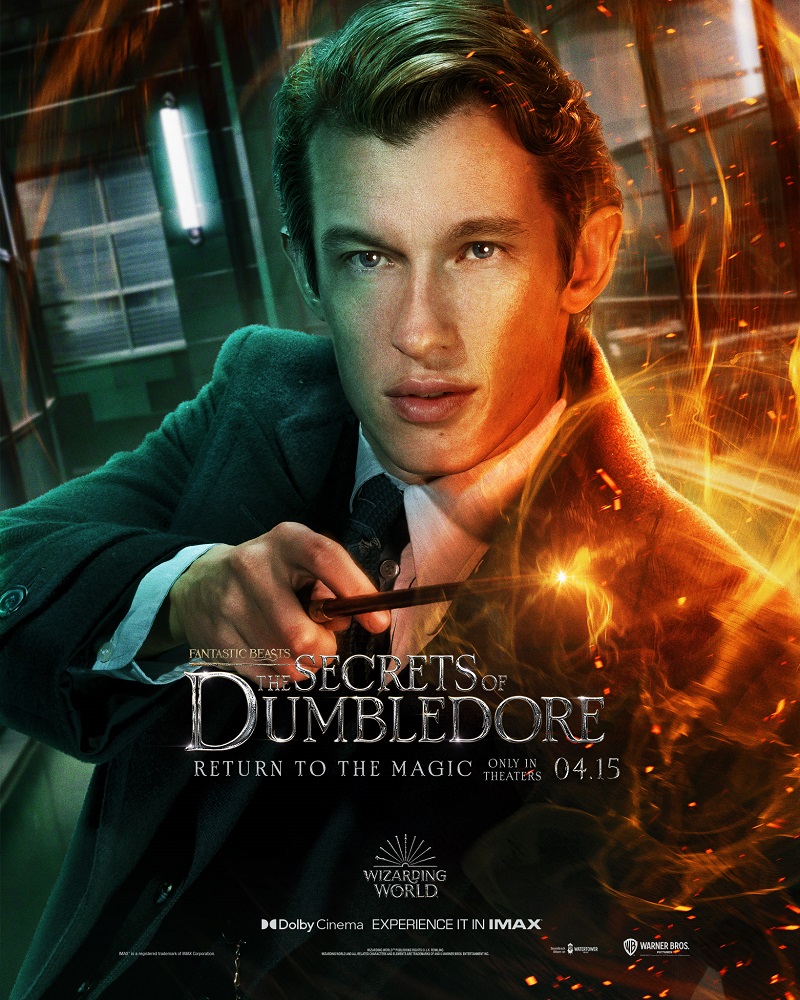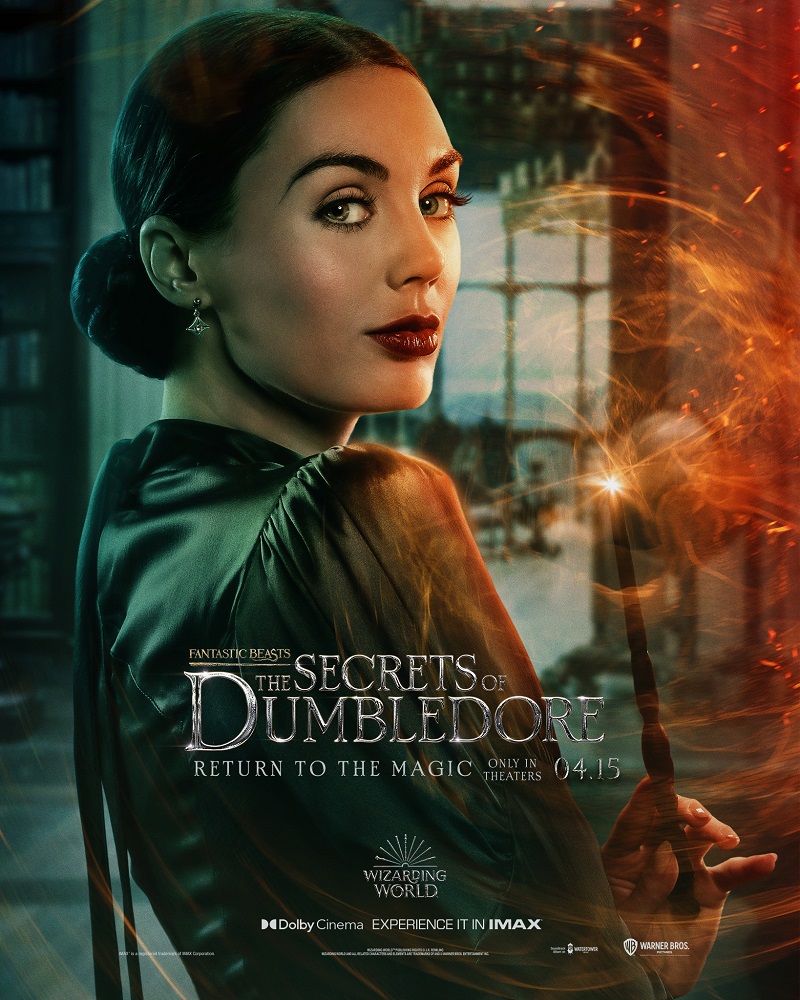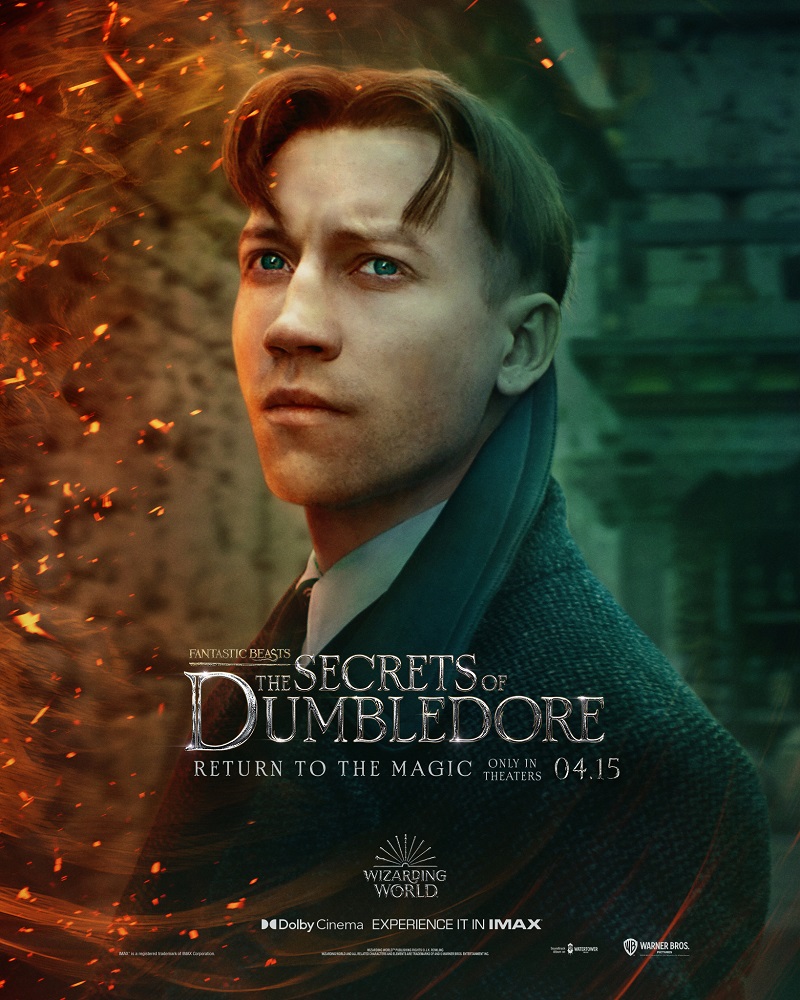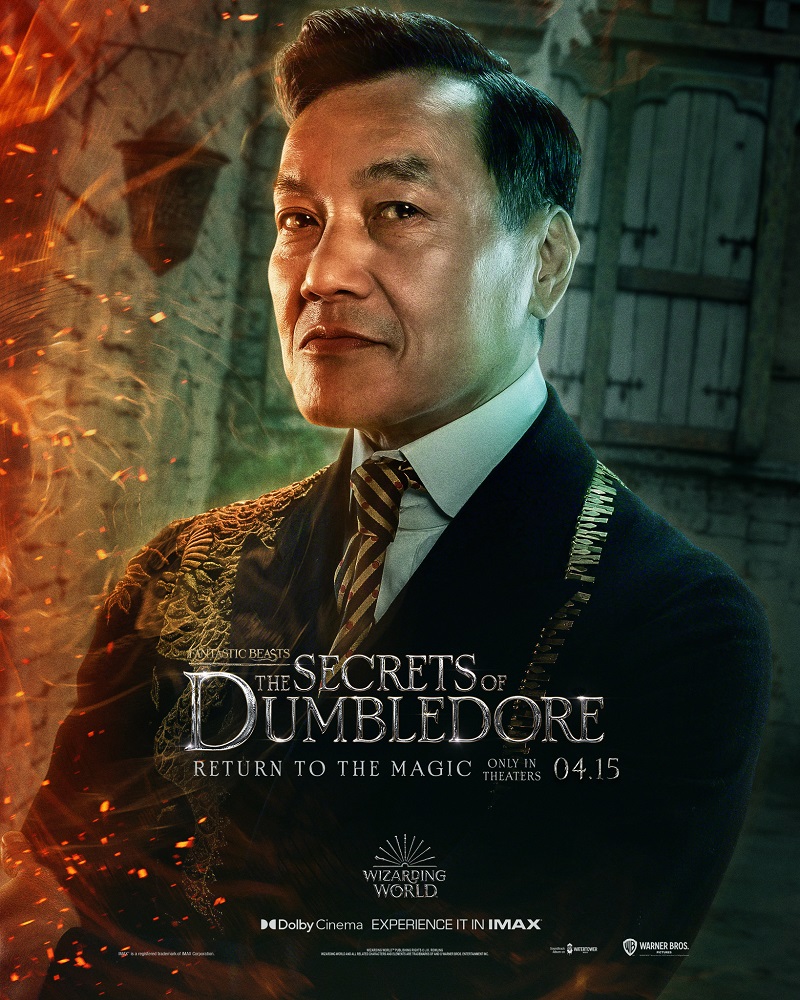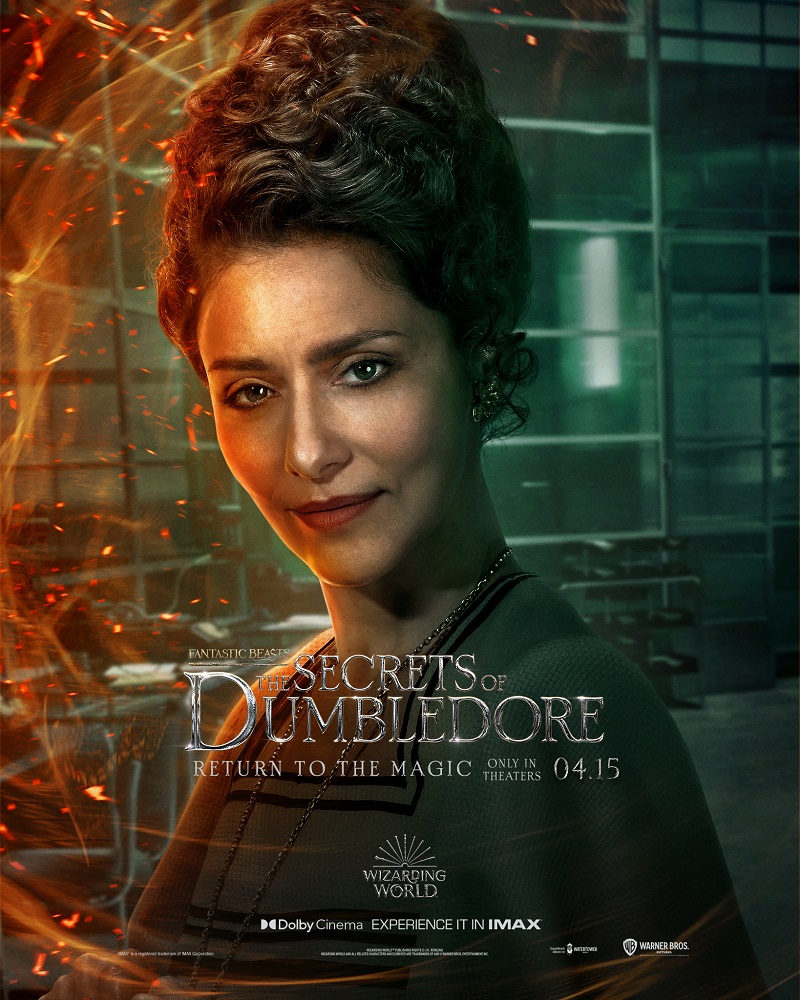The Fantastic Beasts franchise has always been viewed with a degree of cynical skepticism, with Warner Bros. announcing five films right off the bat (inspired by a 128-page fictional textbook originally written for charity) reeking of a desperate attempt to keep milking the Harry Potter cash cow for as long as possible.
As Peter Jackson’s Hobbit trilogy proved, stretching slim source material well beyond its limit can often yield disappointing results, and the Wizarding World prequels have already been subjected to virtually identical criticisms after The Crimes of Grindelwald scored the worst reviews and lowest box office of any Potter-adjacent movie to date.
Fantastic Beasts: The Secrets of Dumbledore hasn’t had the easiest road to the big screen, with the pandemic causing significant delays to both production and release, without even mentioning Ezra Miller’s choking scandal, the backlash over Johnny Depp being removed from villainous duties, or the continued furor surrounding creator, co-writer, and producer J.K. Rowling, which may or may not influence a huge number of people when it comes to checking out the third installment.
The good news is that Newt Scamander’s latest adventure is a minor return to form that rights many of the glaring wrongs that plagued The Crimes of Grindelwald, but the downside is that Fantastic Beasts as a whole is still resolutely failing to justify the need to tell its sprawling story over what’s going to be at least 10 hours of cinema by the time the fourth and fifth entries are eventually released.
Speaking of Eddie Redmayne’s charmingly befuddled hero, it becomes clear by the end of the very first scene that Fantastic Beasts is no longer Newt’s franchise. Instead, we open with an equal parts heartfelt and intense exchange between Jude Law’s Albus Dumbledore and Mads Mikkelsen’s Grindelwald, two men who were once deeply (and refreshingly openly) in love with each other, before their differing opinions on the fate of the magical and Muggle population alike took them down very different paths.
As per the actor’s wishes, we won’t draw direct comparisons between Mikkelsen and Depp’s performances, but anyone that’s seen Hannibal knows that the former can generate raw magnetism and intense (yet unspoken) sexual tension with ease. The flame between Dumbledore and Grindelwald has never truly dimmed, and the bond between them is comfortably the most interesting aspect of the film, even if it might not have the legs to sustain a further two epic blockbusters.
The mechanics of the plot are for the most part MacGuffin-driven, with a deer-like animal known as a Qilin possessing the power to select the person leading the entire magical community, should it deem them pure of heart and literally bend the knee. Naturally, two of them are born at the same time to pit the opposing factions of good and evil against each other, which creates an odd tonal imbalance when a cute CGI critter designed to draw “aaaws” from the audience is used as a device to assist a genocidal supremacist in staging a public coup that unfolds largely in Europe during the 1930s.
Bringing in Harry Potter veteran Steve Kloves to assist Rowling with the screenplay was an inspired move, it should be said, with The Secrets of Dumbledore narrowing the focus slightly, and at least attempting to put a fresh spin on a formula that was beginning to run on fumes. Sure, things continue to be unfocused at points, and the middle section sags due to a lack of excitement, but the main thrust of the Hogwarts professor attempting to pull off an improbable sleight-of-hand heist against an adversary that can glimpse the future is nothing if not a unique hook with which to power the narrative.
Essentially, Dumbledore gathers Newt, Callum Turner’s stoic sibling Theseus Scamander, William Nadylam’s double (and perhaps even triple) agent Yusuf, Jessica Williams’ wry professor Lally, Victoria Yeates’ put-upon assistant Bunty, and Dan Fogler’s comic relief fish-out-of-water Muggle Jacob Kowalski (who picks up his romantic subplot with Alison Sudol’s Legilimens and Grindelwald convert Queenie), and tasks them to turn the tide of history by foiling the big bad’s plot to be voted in as the erstwhile head honcho of the entire magical world.
The interplay and dynamics between the various cogs in the machine largely work, with one sequence in particular that features Newt breaking his brother out of prison bringing the biggest laughs in the entire 142-minute running time, which is then capped off with a standout chase that sees the Scamanders on the run from a terrifying creature.
On the other side of the coin, Ezra Miller’s polarizing Aurelius Dumbledore subplot is partially retconned only to be awkwardly stuffed back in, and the many discussions on the state of magical politics comes perilously close to devolving into full-blown Star Wars prequel territory. A splashy duel or frenetic chase is never too far away, to be fair, but it only serves to highlight several of Fantastic Beasts‘ most glaring recurring flaws.
There’s genuine emotion that bursts through at points, whether it be Newt’s unrequited affection for Katherine Waterston’s Tina Goldstein (although the actress is almost completely absent despite her previous status as co-lead), Jacob’s longing for Queenie, Credence/Aurelius’ desire to be loved and wanted, or the history between Dumbledore and Grindelwald, but it quickly becomes lost in a sea of exposition and pixels, meaning that a lot of it fails to register either as it should, or the way it was intended.
David Yates could direct these things in his sleep, with The Secrets of Dumbledore his seventh consecutive time behind the camera on a Wizarding World feature, which is a blessing and a curse. The filmmaker knows how to build the world, set the stage, and utilize the effects-driven action, backdrops, and magical menagerie as required, but it’s functional instead of spectacular. A fresh pair of eyes would do wonders for the pacing and any sense or urgency, but Yates is far too content to coast by on both his and our familiarity with the universe, as opposed to trying to reinvent or even update it ever so slightly.
Fantastic Beasts: The Secrets of Dumbledore gently levitates rather than soars, hums quietly under its breath when it should sing, and mildly entertains and amuses when it should have fans gripping the edge of their seats as thing hurtle to a breakneck climax. It might be a backhanded complement to call the long-running saga’s 11th installment perfectly fine for what it is, but that’s about as much praise as deserves, with all of the key creatives seemingly happy enough to trundle along towards a climactic showdown that’s still two movies and a good few years away.
Fair
'Fantastic Beasts: The Secrets of Dumbledore' is a step up from 'The Crimes of Grindelwald', but the flagging franchise is still struggling to justify the need to last for another two installments.

